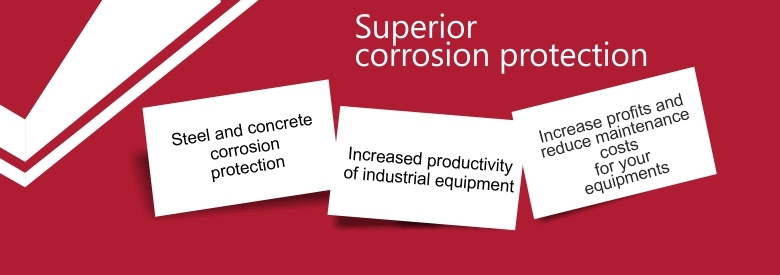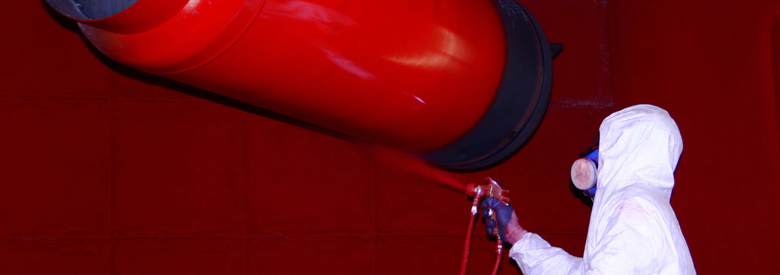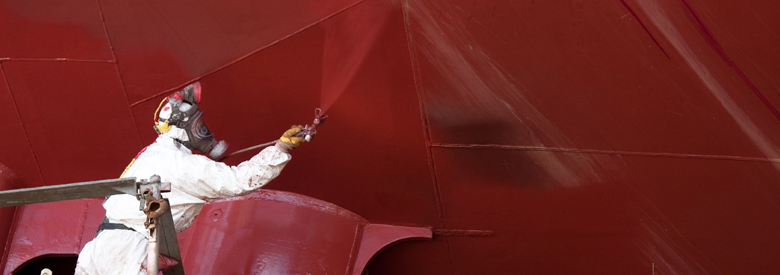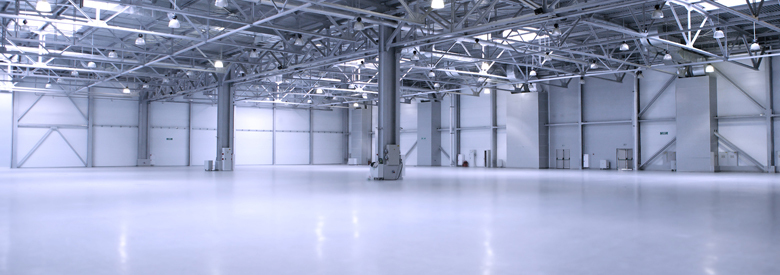FAQ
-
How you choose the best technical solution for corrosion protection?
-
What conditions must be met in order to applied rubber linings protection?
-
What are the advantages of corrosion protection with rubber lining compared to traditional methods?
-
What are the advantages offered by synthetic resins corrosion protection?
1. What corrosion protection is and how can be done?
Corrosion is the deterioration of a metal as a result of chemical reactions between it and the surrounding environment. Corrosion protection is that system that is applied, after surface preparation, to protect industrial equipments and installations from various corrosive attacks.
2. How you choose the best technical solution for corrosion protection?
The choice of technical solutions is made taking into account environmental conditions, substrate, chemical, thermal and mechanical stress, specific industry protection systems serviced and resistance to these factors. Our experienced specialists ascertain which materials and processing techniques are optimal for any given conditions, and they will recommend you the most appropriate technical solutions, to ensure the effective operation of your installation.
3. How rubber linings protects against corrosion?
Rubber linings has an excellent chemical and abrasion resistance with aggressive media with a high solids content. Their excellent resistance guarantees that the rubber lining/coating recommended will provide your installation with the most efficient and long-lasting corrosion protection.
4. How many types of rubber linings exist?
- Soft rubber (soft rubber lining) - a prevulcanised or unvulcanised rubber, applying cold, without the need for special environmental conditions;
- Hard rubber (hard rubber lining) - hard rubber lining systems are vulcanised in the autoclave, although special formulations of some materials allow on-site vulcanisation with hot water or steam
5. What conditions must be met in order to applied rubber linings protection?
Preparing involves cleaning the surface of paint, oil, rust, dust or other impurities present. This is done by blasting.
6. How you apply corrosion rubber linings?
The rubber lining services are performed on site or in the workshop and are designed respecting the specific given conditions of each project.
7. What are the advantages of corrosion protection with rubber lining compared to traditional methods?
Corrosion protection with rubber linings provide superior resistance against acids and alkalies, very good gas and water vapour diffusion values, having in the same time excellent heat resistant properties.
8. How does synthetic resin work in corrosion protection?
Synthetic resin coatings (novolac hybrid, epoxy, epoxy phenol, novolac epoxy, polyester, vinyl ester, novolac vinyl ester) offers excellent corrosion protection against chemical and mechanical stresses in production areas, storage areas,tec. Synthetic resin coatings can be applied on metal or concrete in one or more layers to ensure effetive corrosion protection.
9. What are the advantages ofered by synthetic resins corrosion protection?
• Excellent chemical and thermal resistance
• Waterproof
• Good adhesion to substrate (steel and concrete)
• Resistance to aging
• Capacity of filling cavities arising in concrete substrate
• Electrical discharge capacity













